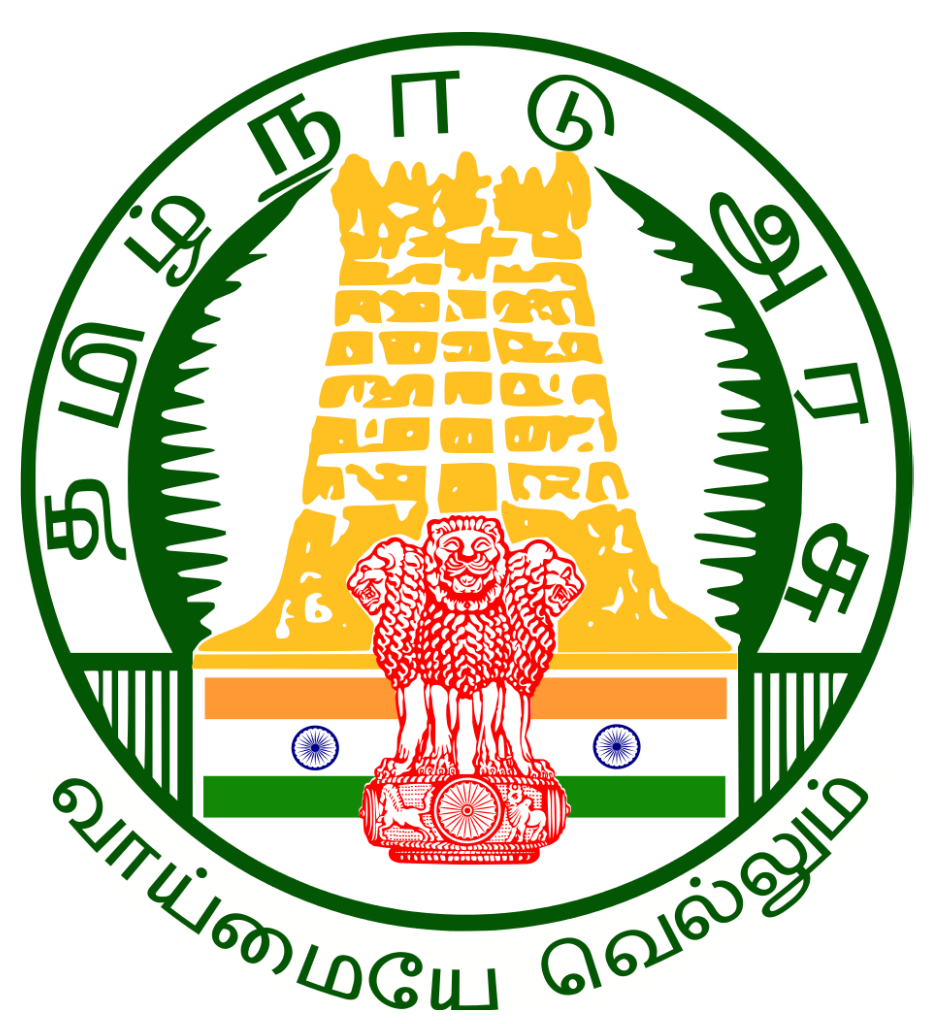



Directorate of Public Health & Preventive Medicine
Swine Influenza ( A H1N1 )

FREQUENTLY ASKED QUESTIONS
1.What is swine flu( A H1N1 )?
Swine Influenza (swine flu) is a respiratory disease of pigs caused by type A influenza viruses that causes regular outbreaks in pigs. People do not normally get swine flu, but human infections can and do happen. Swine flu viruses have been reported to spread from person-to-person, but in the past, this transmission was limited and not sustained beyond three people.
2.Is this swine flu contagious?
Yes.This swine influenza A (H1N1) virus is contagious and is spreading from human to human. However, at this time, it is not known how easily the virus spreads between people.
3.What are the signs and symptoms of swine flu?
The symptoms of swine flu in people are similar to the symptoms of regular human flu and include fever, cough, sore throat, body aches, headache, chills and fatigue. Some people have reported diarrhea and vomiting associated with swine flu. In the past, severe illness (pneumonia and respiratory failure) and deaths have been reported with swine flu infection in people. Like seasonal flu, swine flu may cause a worsening of underlying chronic medical conditions.
4.How does swine flu spread?
Flu viruses are spread mainly from person to person through coughing or sneezing of people with influenza. Sometimes people may become infected by touching something with flu viruses on it and then touching their mouth or nose.
5.How can someone with the flu infect others?
Infected people may be able to infect others beginning 1 day before symptoms develop and up to 7 or more days after becoming sick.
6.What are the protective measures that one should do?
First and most important: wash your hands. Try to stay in good general health. Get deep sleep, be physically active, manage your stress, drink plenty of fluids, and eat nutritious food. Do not touch surfaces that may be contaminated with the flu virus. Avoid close contact with people who are sick. Don’t use their clothes. Avoid travel to the infected countries.
7.Are there medicines to treat swine flu?
Yes. CDC,Atlanta recommends the use of Oseltamivir or Zanamivir for the treatment and Chemoprophylaxis of infection with these swine influenza viruses.
8.How long can an infected person spread swine flu to others?
People with swine influenza virus infection should be considered potentially contagious as long as they are symptomatic and possible for up to 7 days following illness onset.
9.How long can viruses live outside the body?
We know that some viruses and bacteria can live 2 hours or longer on surfaces like cafeteria tables, doorknobs, and desks. Frequent handwashing will help you reduce the chance of getting contamination from these common surfaces.
10.Is there a vaccine against swine flu?What can I do to protect myself from getting sick?
There is no vaccine available right now to protect against swine flu. There are everyday actions that can help prevent the spread of germs that cause respiratory illnesses like influenza. Take these everyday steps to protect your health:
11.What one should do if he/she is sick?
If you live in areas where swine influenza cases have been identified and become ill with influenza-like symptoms, including fever, body aches, runny nose, sore throat, nausea, or vomiting or diarrhea, you may want to contact their health care provider, particularly if you are worried about your symptoms. Your health care provider will determine whether influenza testing or treatment is needed.
If you are sick, you should stay home and avoid contact with other people as much as possible to keep from spreading your illness to others.
If you become ill and experience any of the following warning signs, seek emergency medical care.
In children emergency warning signs that need urgent medical attention include:
In adults, emergency warning signs that need urgent medical attention include:
12.Can Swine Influenza spread from eating or preparing pork?
No.Swine Influenza viruses are not spread by food.You cannot get Swine Influenza from eating pork or pork products.Eating properly handled and cooked pork products is safe.
13.What are the steps taken by the State govt.?
Surveillance mechanism is tightened.
Awareness and information to the public are given through press and electronic media.
Emergency meeting was convened by the Principal Secretary,Health and Family Welfare Department for the stakeholders and necessary instructions were given.
A 24 x 7 Helpline was established at Central Malaria Laboratory,O/o the Director of Public Health and Preventive Medicine,Chennai-6
Medical teams were formed. Airports alerted. Foreign travellers are screened.
14.What is the Helpline Phone number?
044-24321569